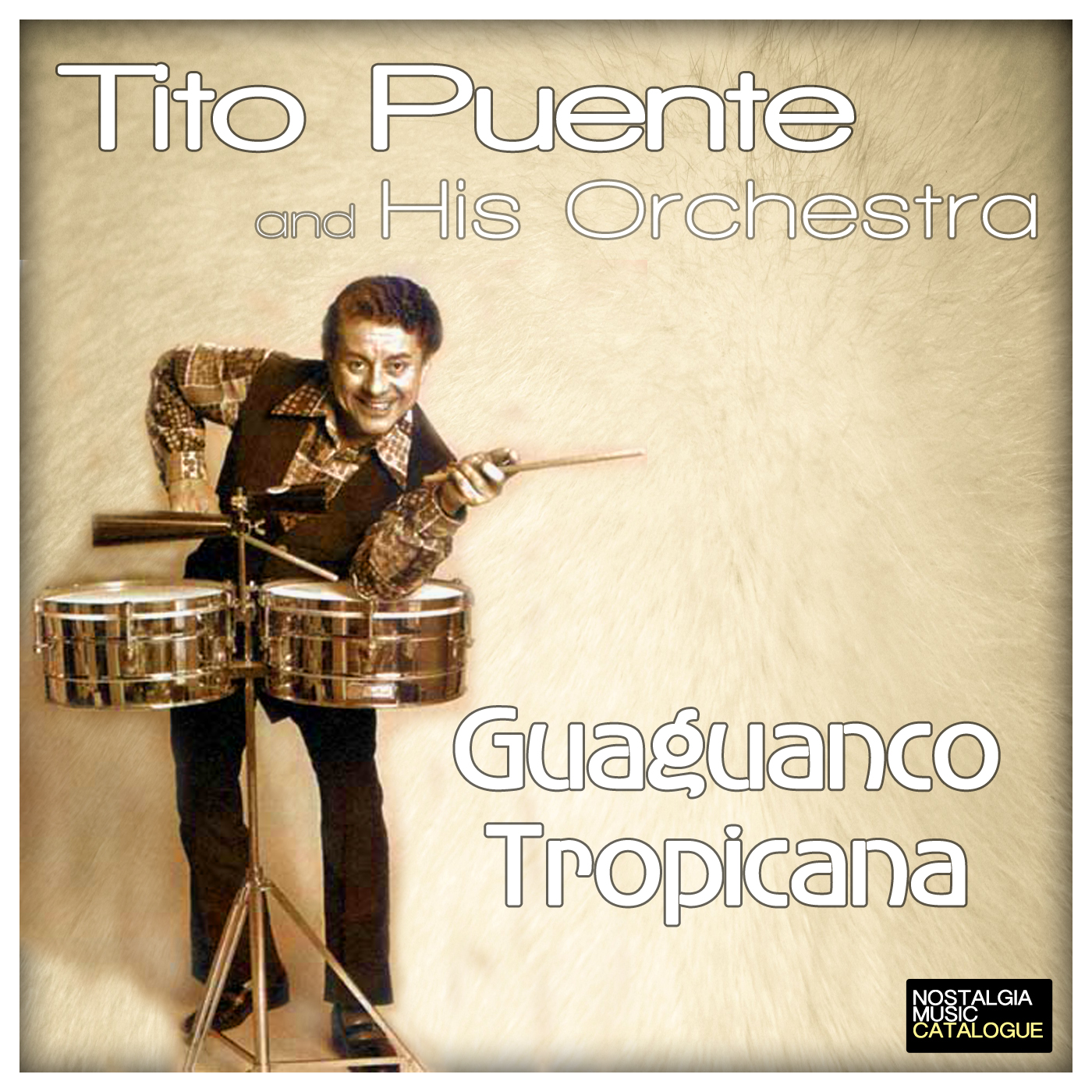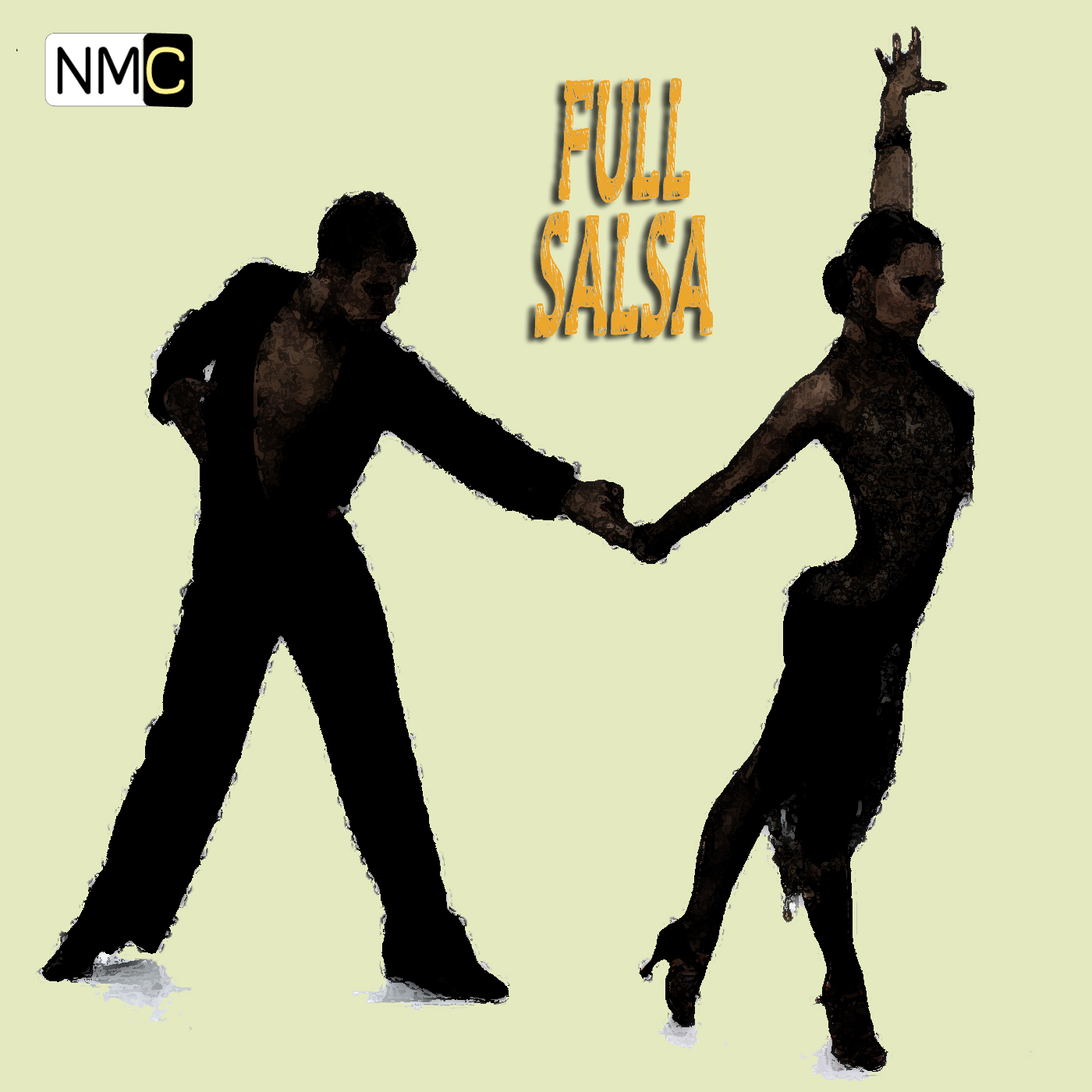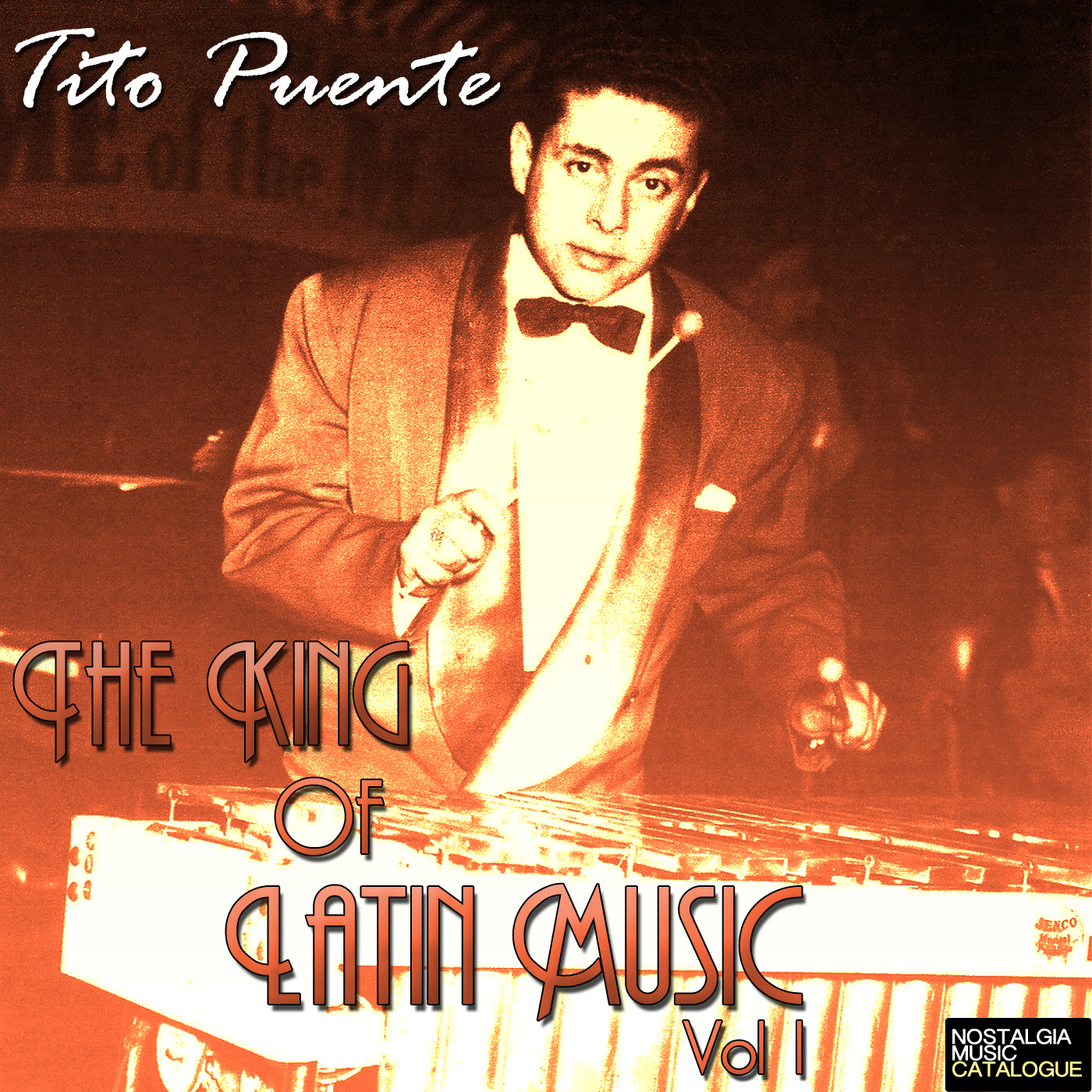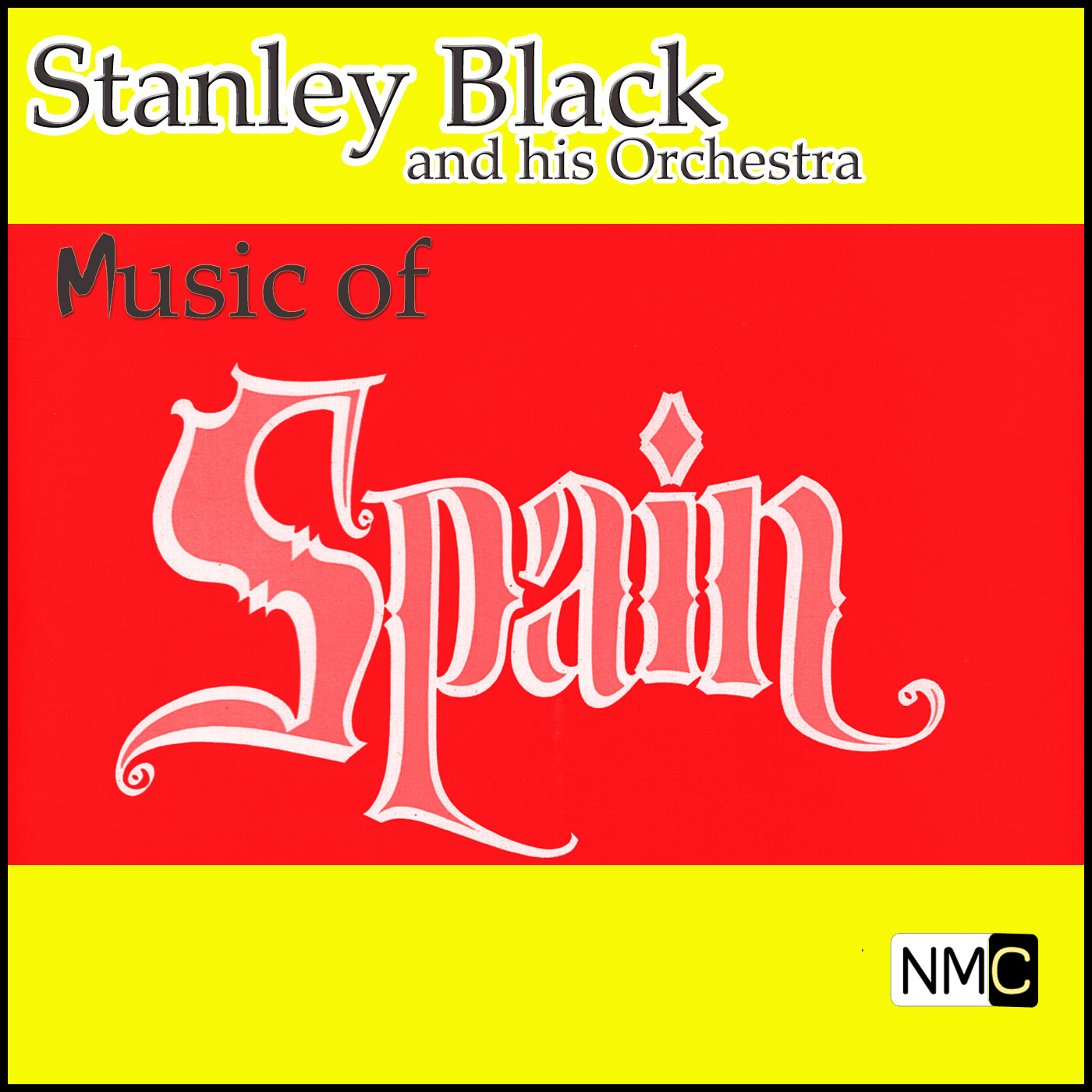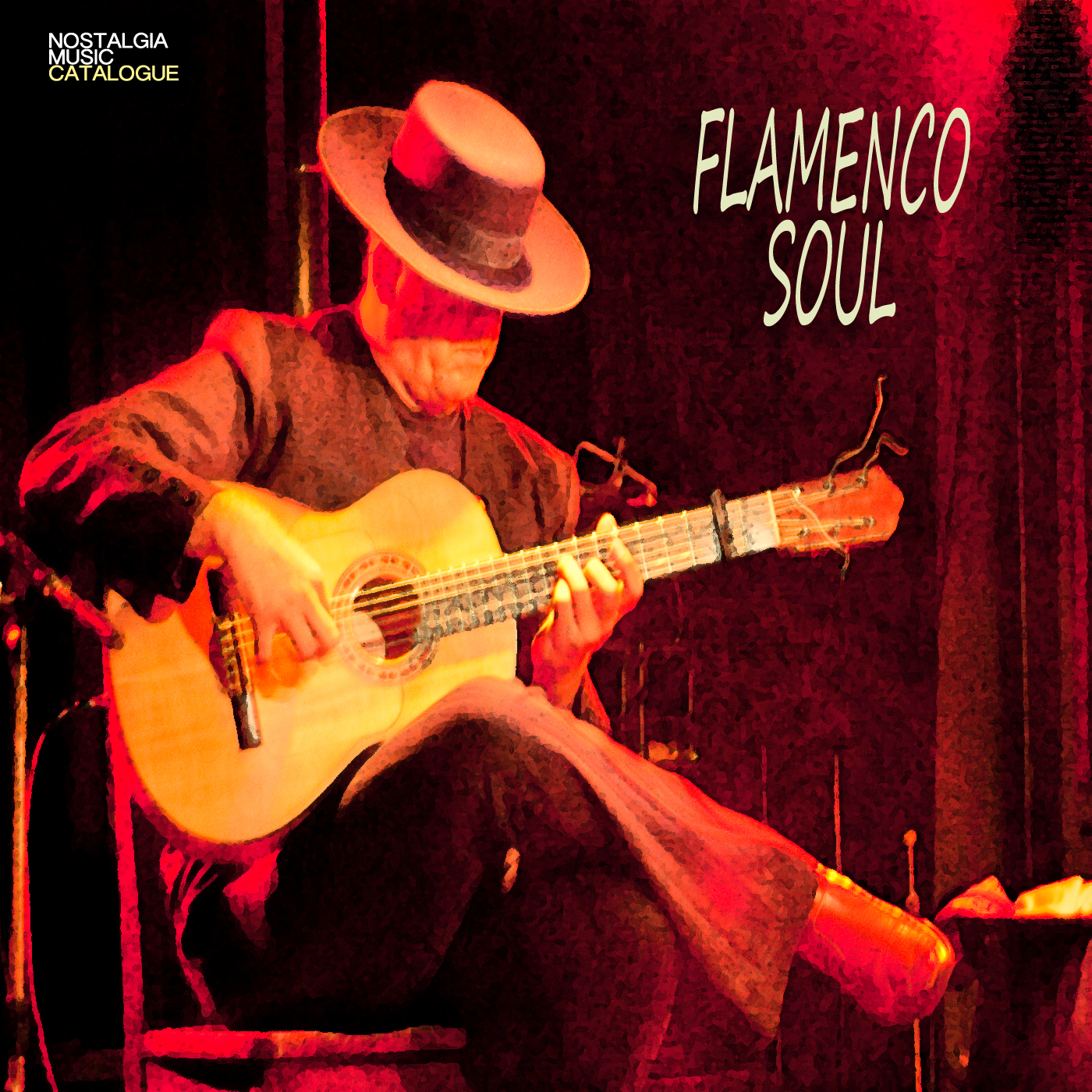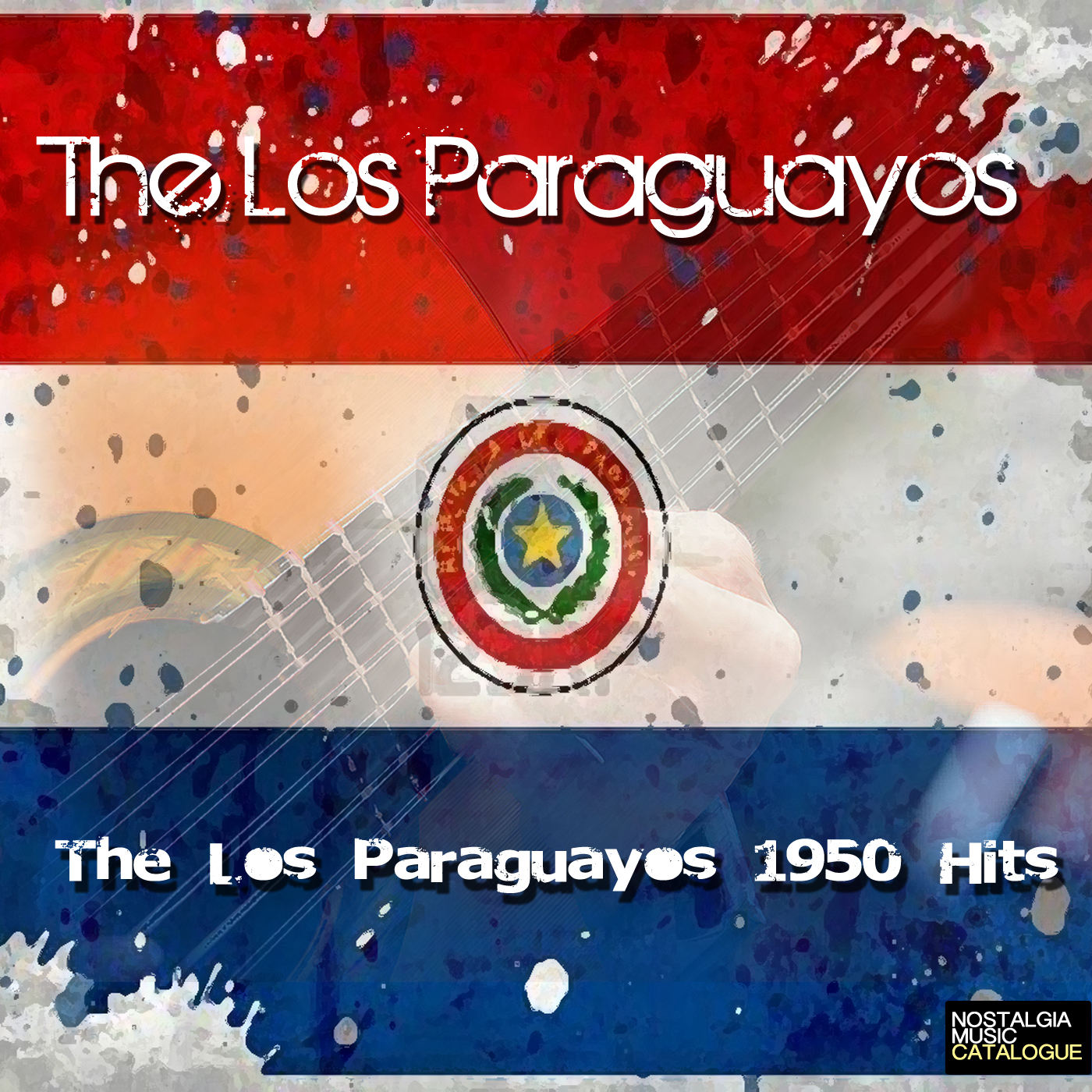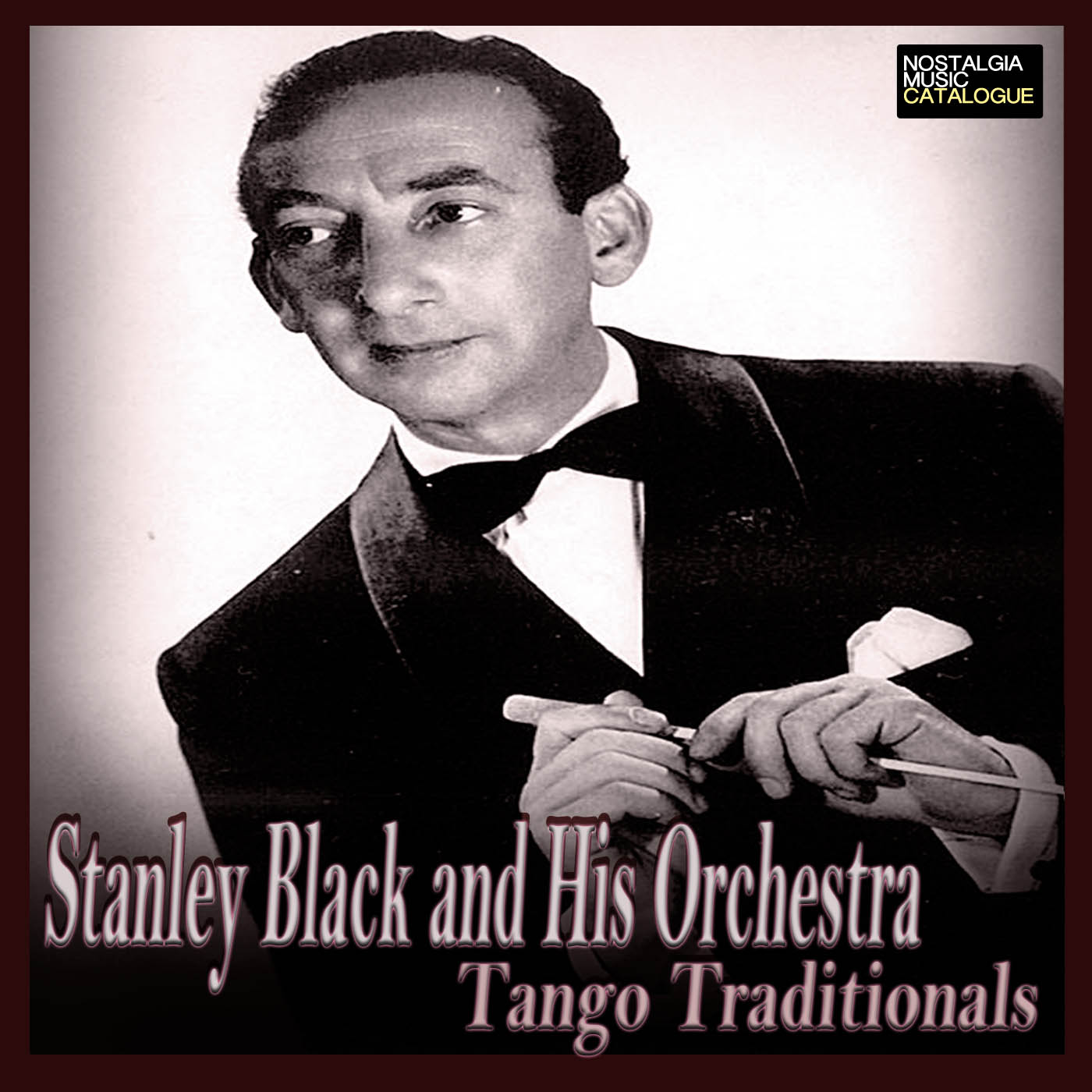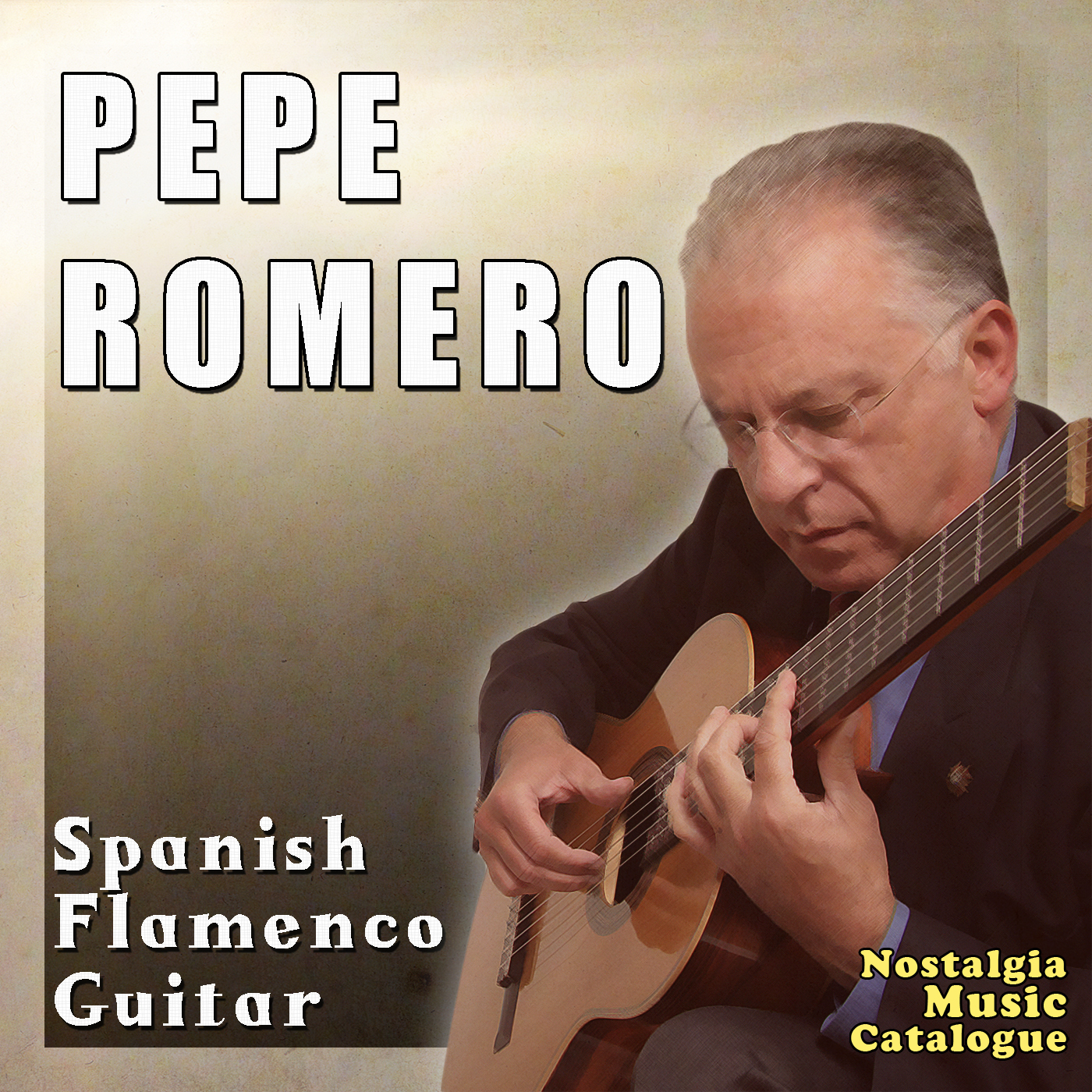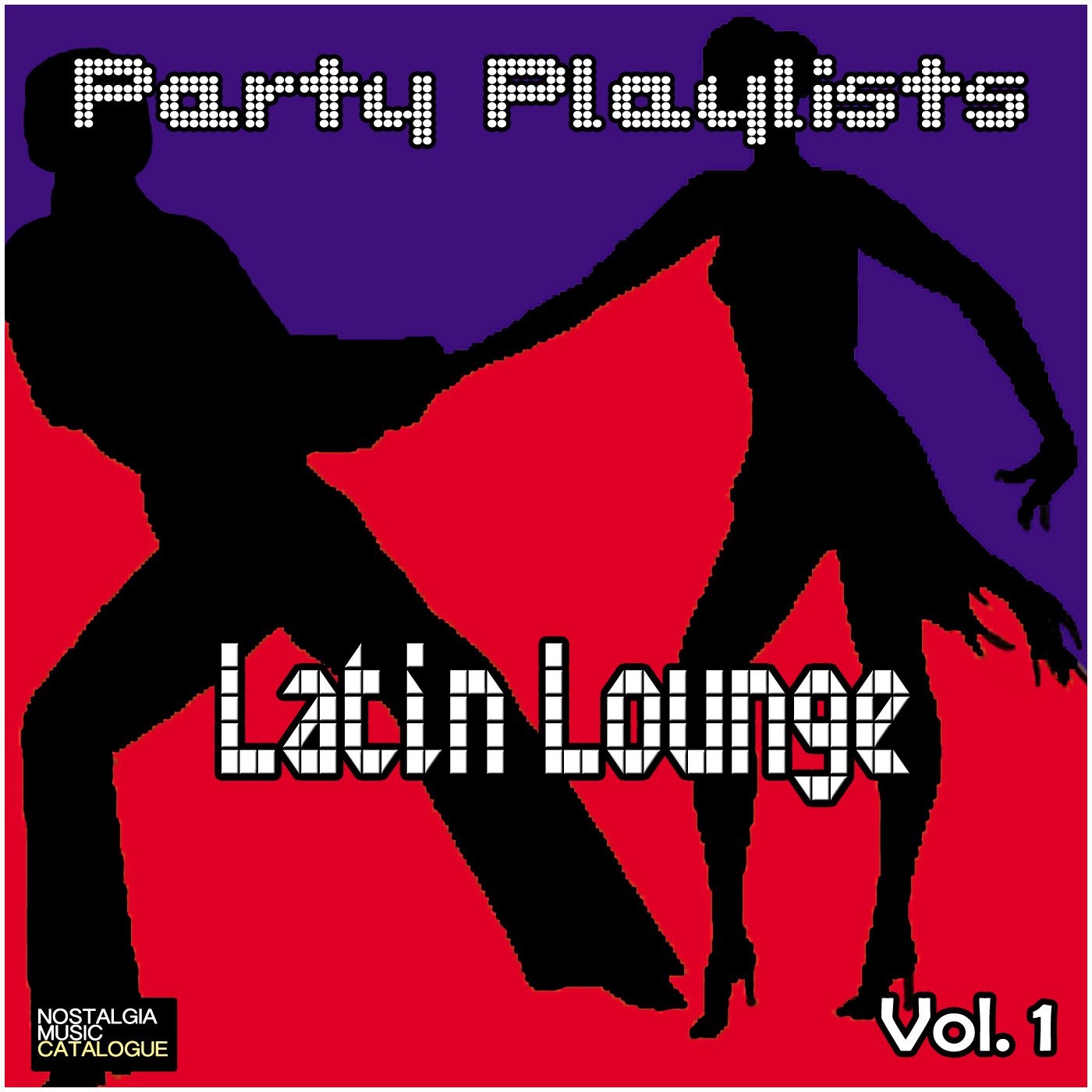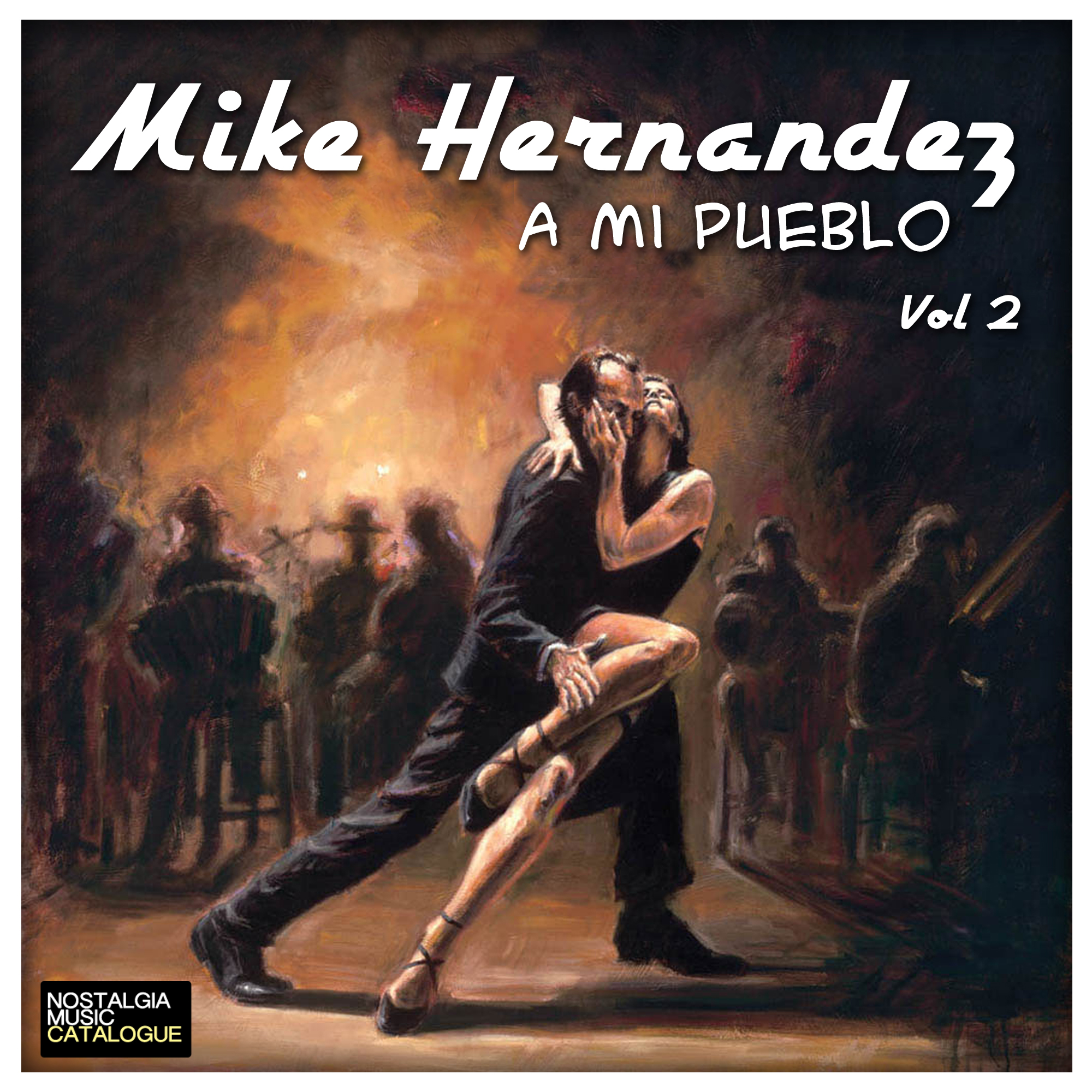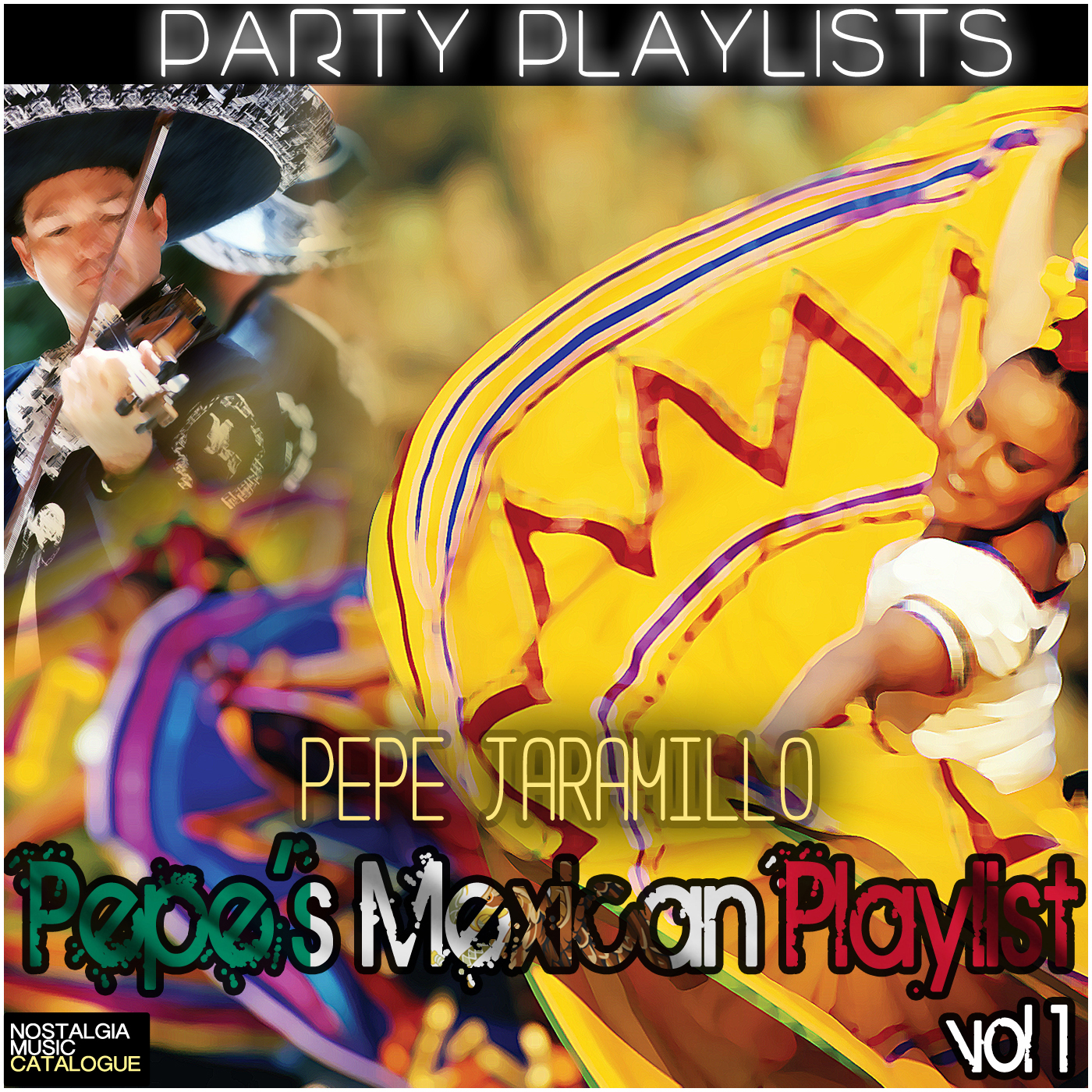Sample tracks and buy
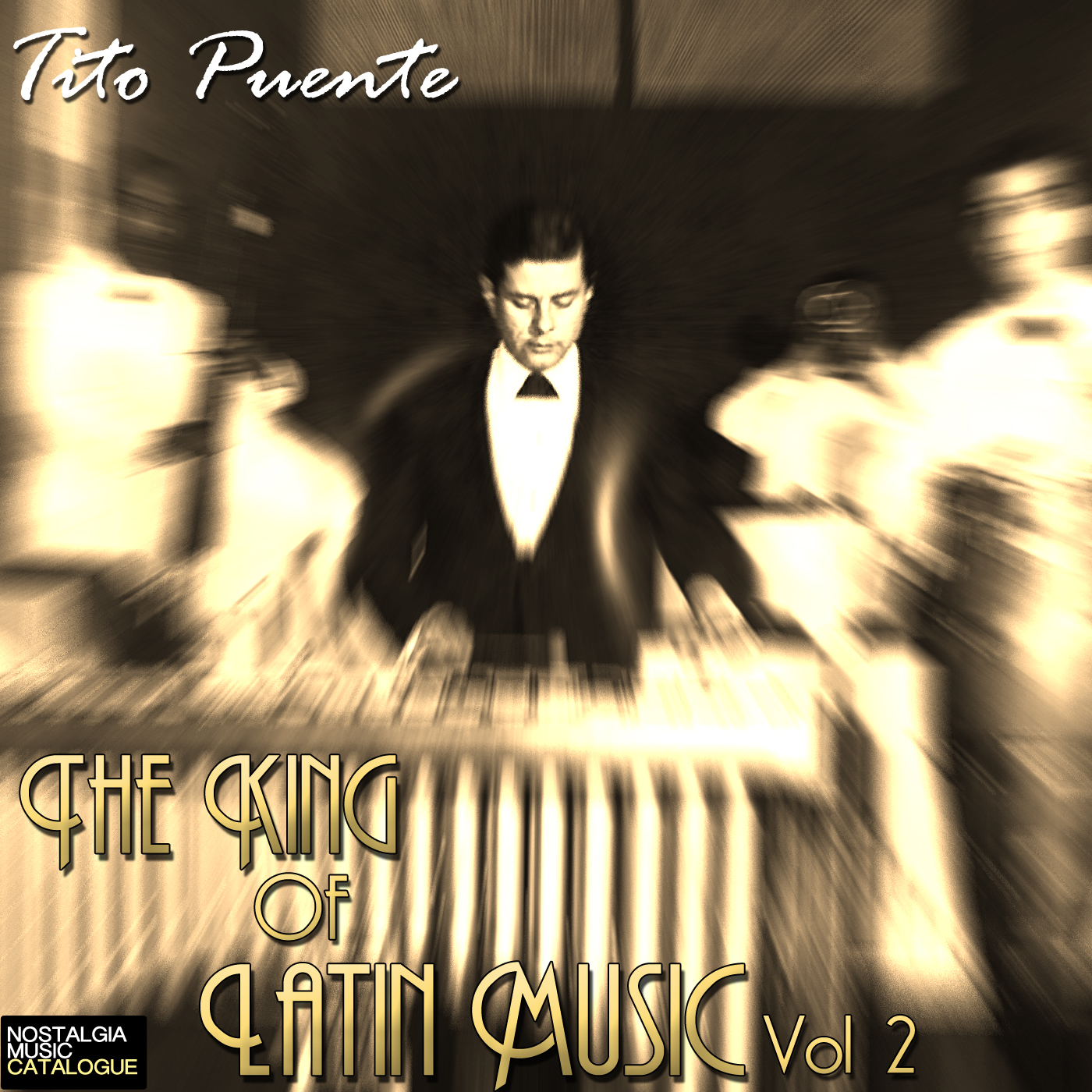
ABOUT
| No. | Track Name | Artist |
|---|---|---|
| 1 | Que No Que No | Tito Puente |
| 2 | Ran Kan Kan | Tito Puente |
| 3 | Hong Kong Mambo | Tito Puente |
| 4 | El Yoyo | Tito Puente |
| 5 | Babalú | Tito Puente |
| 6 | Tito On Timbales | Tito Puente |
| 7 | Mambo Herd | Tito Puente |
| 8 | Ay Cariño | Tito Puente |
| 9 | Guaguanco Arsenio | Tito Puente |
Did You Know?
Puente performed at the closing ceremonies at the 1996 Summer Olympics in Atlanta, Georgia. The timbales he used there are on display at the National Museum of American History in Washington D.C.
About Tito Puente
Ernesto Antonio “Tito” Puente, (April 20, 1923 – June 1, 2000), was a Latin jazz and salsa musician and composer. Living in New York City’s Spanish Harlem community, Puente is often credited as “The Musical Pope,” “El Rey de los Timbales” (The King of the timbales) and “The King of Latin Music.” He is best known for dance-oriented mambo and Latin jazz compositions that helped keep his career going for 50 years.
Tito Puente Sr. served in the Navy for three years during World War II after being drafted in 1942. He was discharged with a Presidential Unit Citation for serving in nine battles on the escort carrier USS Santee (CVE-29). The GI Bill allowed him to study music at Juilliard School of Music, where he completed a formal education in conducting, orchestration and theory. In 1969, he received the key to the City of New York from former Mayor John Lindsay. In 1992, he was inducted into the National Congressional Record, and in 1993 he received the James Smithson Bicentennial Medal from the Smithsonian.
During the 1950s, Puente was at the height of his popularity, and helped to bring Afro-Cuban and Caribbean sounds, like mambo, son, and cha-cha-cha, to mainstream audiences (he was so successful playing popular Afro-Cuban rhythms that many people mistakenly identify him as Cuban) He then moved into more diverse sounds, including pop music, bossa nova and others, eventually settling down with a fusion of Afro-Cuban and Latin jazz genres that became known as “salsa” (a term that he disliked). In 1979, Puente won the first of five Grammy Awards for the albums A Tribute to Benny Moré, On Broadway, Mambo Diablo, and Goza Mi Timbal. In 1990, Puente was awarded the James Smithson Bicentennial Medal. He was also awarded a Grammy at the first Latin Grammy Awards, winning Best Traditional Tropical Album for Mambo Birdland. In 1995, he appeared as himself on the Simpsons episode “Who Shot Mr. Burns?” In early 2000, he shot the music documentary Calle 54. After a show in Puerto Rico on May 31, he suffered a massive heart attack and was flown to New York City for surgery to repair a heart valve, but complications developed and he died during the night of May 31 – June 1, 2000. He was posthumously awarded the Grammy Lifetime Achievement Award in 2003.




 1
1 2
2 3
3